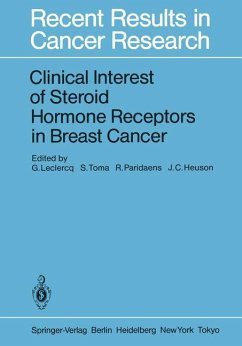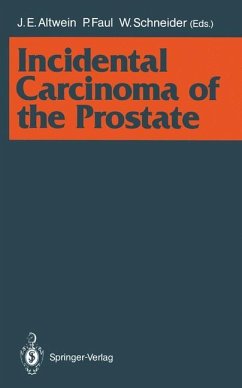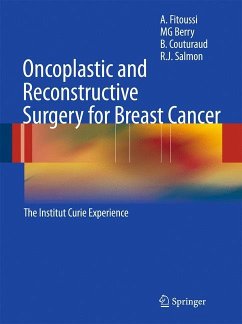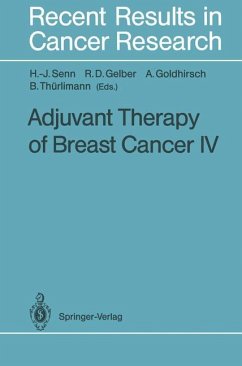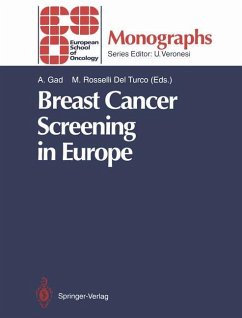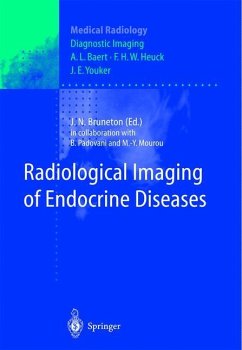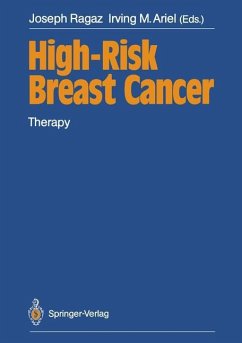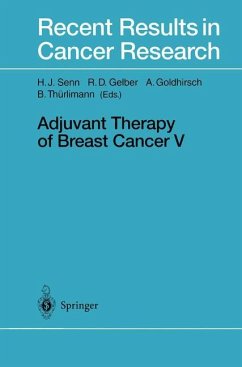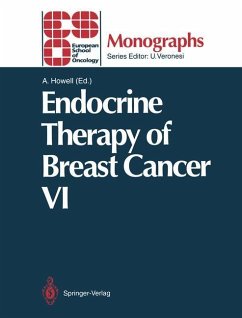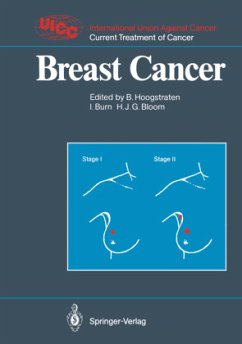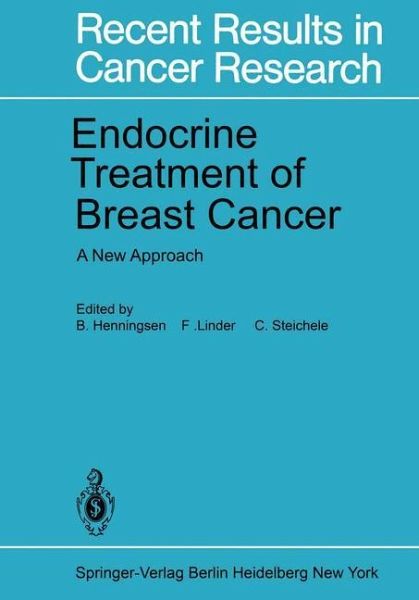
Endocrine Treatment of Breast Cancer
A New Approach
Herausgegeben von Henningsen, B.; Linder, F.; Steichele, C.
Versandkostenfrei!
Versandfertig in 1-2 Wochen
77,99 €
inkl. MwSt.

PAYBACK Punkte
39 °P sammeln!
Progress in basic research has made it necessary to redetermine the possibility of classic endocrine therapy for the treatment of patients with breast cancer. Exemplary, close cooperation between biochemis try and animal and clinical research led to a truly interdisciplinary and international exchange of ideas and experience at a symposium held in autumn 1978 in Heidelberg. We owe our thanks to ICI-Pharma for the kind support of this sym posIUm. The participation of Charles Huggins in the meeting as honorary chairman signified to all participants the meaning of this joint endeavour. It was the...
Progress in basic research has made it necessary to redetermine the possibility of classic endocrine therapy for the treatment of patients with breast cancer. Exemplary, close cooperation between biochemis try and animal and clinical research led to a truly interdisciplinary and international exchange of ideas and experience at a symposium held in autumn 1978 in Heidelberg. We owe our thanks to ICI-Pharma for the kind support of this sym posIUm. The participation of Charles Huggins in the meeting as honorary chairman signified to all participants the meaning of this joint endeavour. It was the same Charles Huggins who through experimental work laid the foundation stone for endocrine ther apy of prostate and breast cancer, and who applied his findings clinically. Thousands of patients owe to him relief from their suffering. He contributed greatly to the attempt to find and stabilize the endocrine therapy for breast cancer, for which we thank him sincerely. We hope that the following contributions will similarly serve the well-being of our patients.



